Does your taste in music reflect your personality? Yes, it does. The music you listen to defines your personality to a considerable extent. Our music tastes can say a lot about who we are as people and can give a glimpse into our thoughts and personality. Let’s find out what your taste in music says about you.
Key Points
- Music preferences and habitual listening behavior are linked to personality traits.
- Music is part of who we are.
- Music preferences are not set in stone; they change over time.
Music preference (or taste) refers to the extent to which a person prefers or like, a particular kind of music over another. A better understanding of our music preferences can help to discover things about ourselves and others.
For example, evidence shows that similarities in music preferences may contribute to relationship satisfaction (romantic partners or roommates). Sharing music taste can spark an instant emotional connection and bonding.
The following describes some of the main psychological factors that underlie people’s music preferences.
Related: What Your Taste in Music Says About Your Personality: Quiz
Music Preferences: 5 Things Your Taste In Music Reveals About You
1. Personality traits
Music preferences reveal valuable information about a person’s character. In general, people prefer styles of music that are consistent with their personalities.
For instance, people who have a need for creative and intellectual stimulation often prefer unconventional and complex musical styles (e.g., classical, jazz, folk). If you are open to new experiences, you may also be open to new and complex music experiences.
Extroverted people tend to enjoy contemporary music (especially contemporary music that has upbeat, positive, and danceable features). And agreeable people tend to prefer mellow and serene musical styles.
Taken together, people respond favorably to music that reflects their personality.
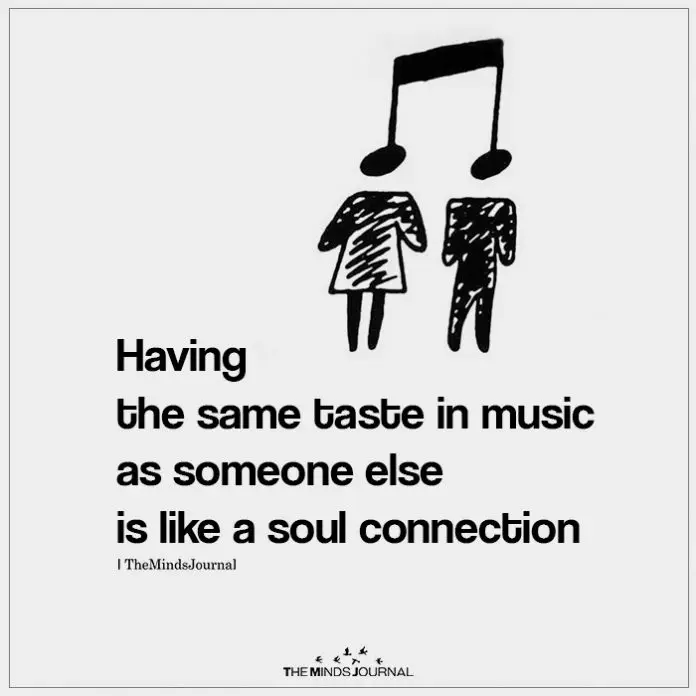
2. “This is who I am.”
Our musical preferences are central to who we are. Music serves as an identity badge for others to see.
For example, listening to innovative music can serve to communicate the belief that one is creative and unconventional. Preference for classical or eclectic music might help one indicate one’s social status.
Music is not just a form of entertainment but also signifies the values we care about. A shift in taste is judged to be a shift in identity.
Related: 40 Relatable Quotes About The Beauty And Value Of Music
3. Age
There are also age trends in how people engage with music. Musical preferences tend to form in late adolescence and persist throughout adulthood.
Music heard during childhood and adolescence creates more durable memories than music heard at other ages. The music we listen to during our early teens creates a strong nostalgia in later years.
However, as people get older, their music preference often changes. For example, adolescents tend to have preferences for intense music, and middle-aged adults show strong preferences for sophisticated and soft music.
As people age, they lose the capacity to hear high-pitched and quiet sounds due to hearing deficits. Age is negatively related to preferences for high-intensity music, as older people are more likely to find loud music uncomfortable.
4. Context
Music is often heard in contexts (weddings, funerals, sporting events, or relaxation) that constrain musical choices.
For example, you might not want to hear Chopin while exercising. We may prefer relaxing music when we are driving in busy traffic. In a dining hall, we tend to prefer hearing the soft music that makes it easier to keep up with a conversation.
The time of day is also an important factor. We tend to listen to relaxing music in the evening and energetic music during the day.
Related: 8 Surprising Ways Music Benefits Your Brain
5. Exposure effects
Familiarity leads to liking. We tend to prefer the music that we are most familiar with. Music education can increase music preferences by providing background information and an understanding of the pieces one is being exposed to.
For example, listening to the music of other cultures can alter attitudes so that people become more positive toward that music.
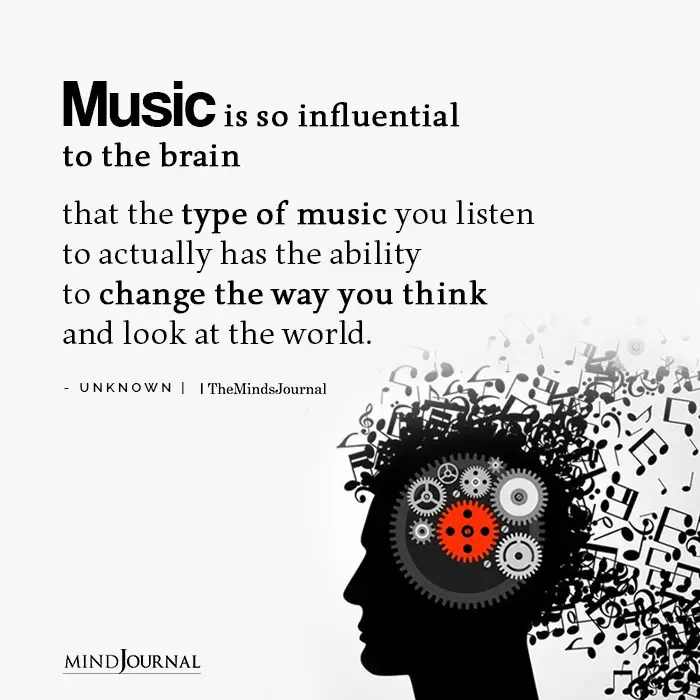
Finally, there is subjectivity in taste. An ancient maxim claims: About matters of taste, there is no disputing. In general, aesthetic judgments are simply matters of personal taste. We just accept that.
However, some judgments about aesthetic value are arguably objective. It could be argued, for instance, that works of art that stands the test of time are objectively superior in quality to works failing the test of time.
References:
Foundations in Music Psychology: Theory and Research, Edited by Peter Jason Rentfrow and Daniel J. Levitin. (2019). https://mitpress.mit.edu/9780262039277/foundations-in-music-psychology/ Winner, E. (2018). How Art Works: A Psychological Exploration. https://www.amazon.com/How-Art-Works-Psychological-Exploration/dp/01908…
Written By Shahram Heshmat Originally Appeared On Psychology Today
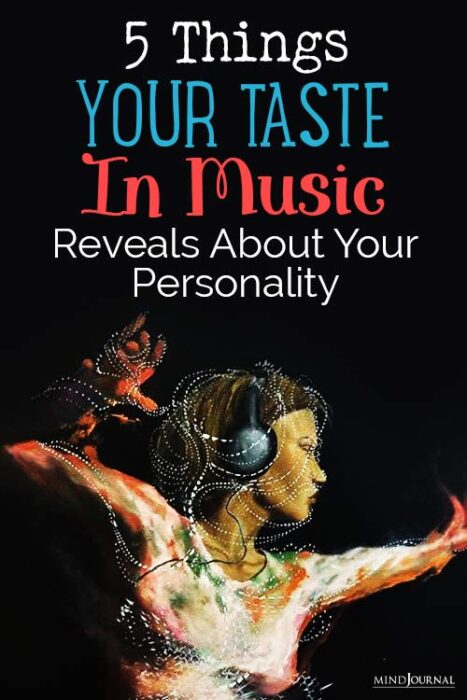


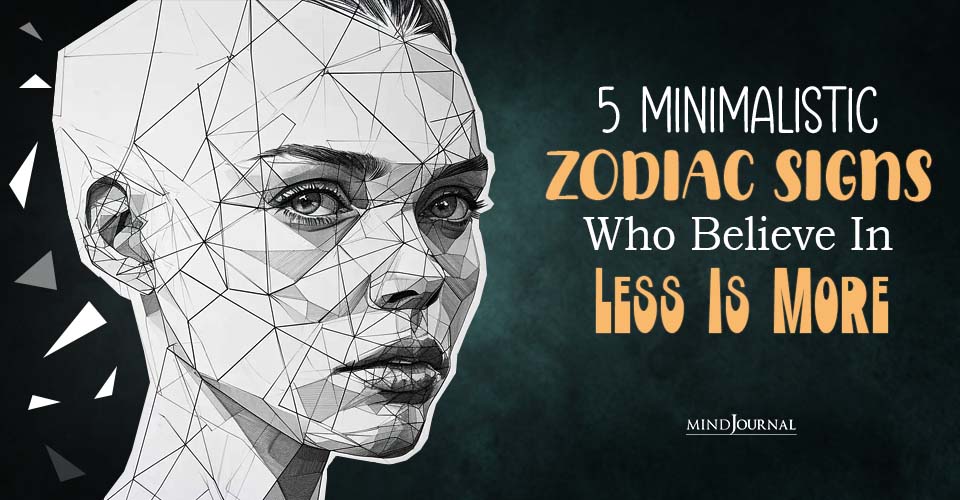




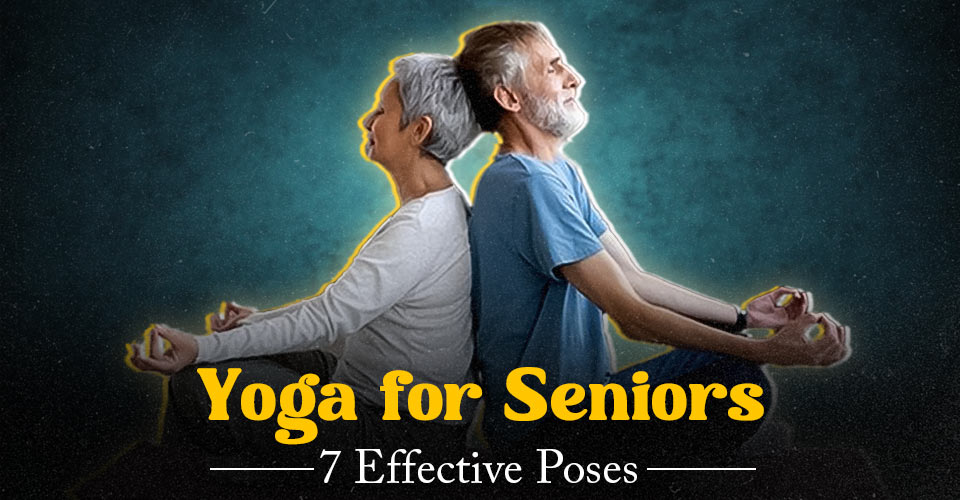
Leave a Reply
You must be logged in to post a comment.